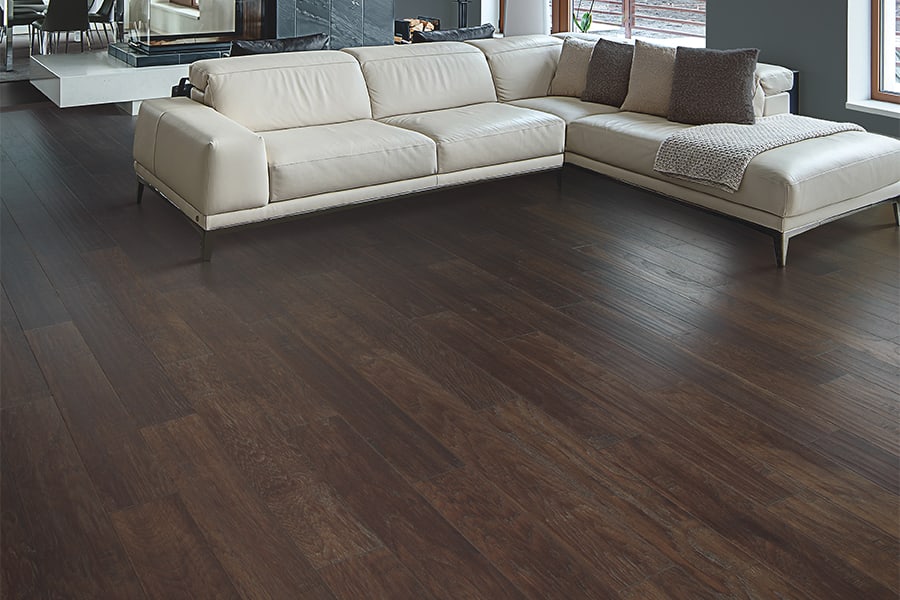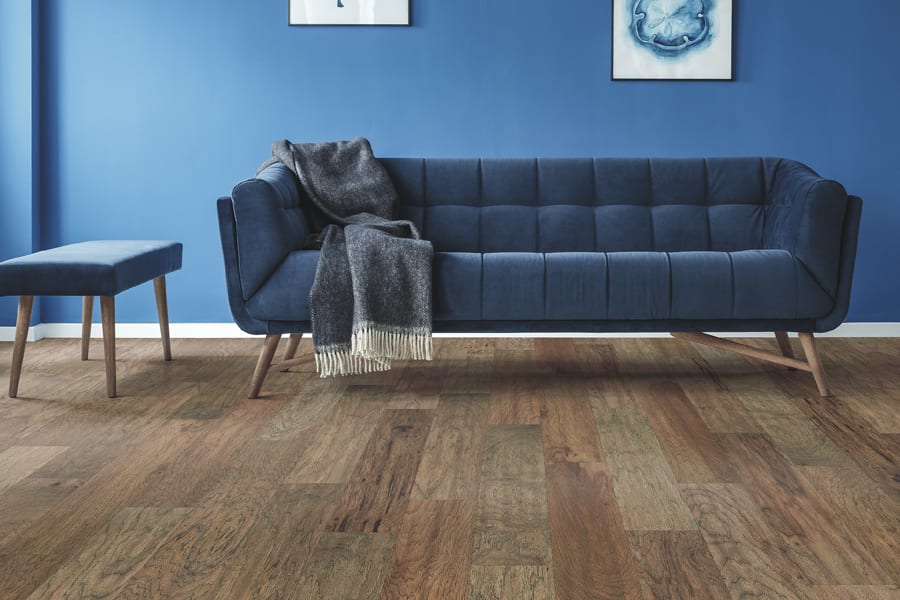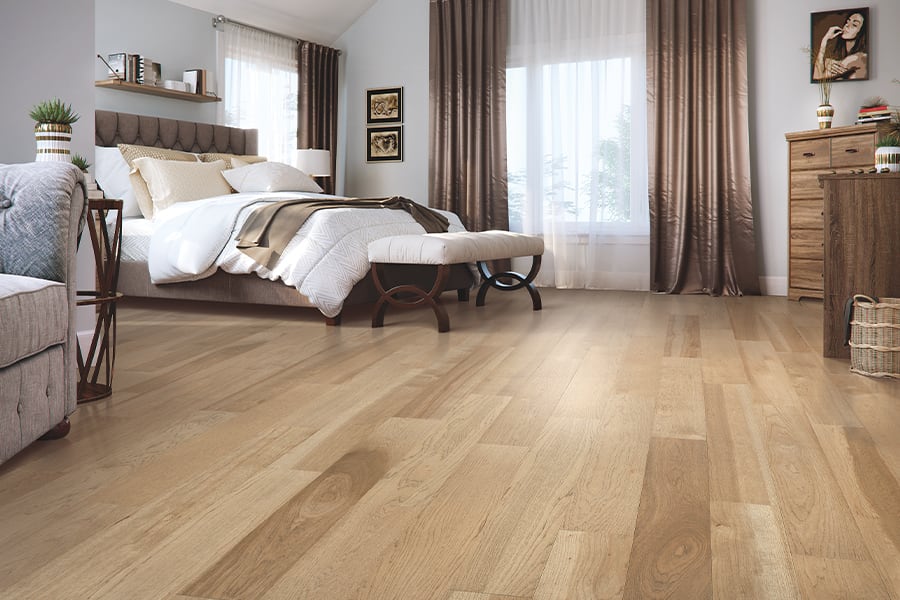Request an estimate
All the info you need on hardwood flooring
One fact is undeniable: Hardwood flooring adds warmth and charm to any home, no matter what the decor. Here is more to help you make the right choice.
Michael Flooring Inc. is your one-stop flooring source, with a full inventory of products and services such as skilled installation and interior design consultations.
We’re also, like you, concerned about the environment, so we also carry sustainable items like bamboo and cork. Our primary showroom is in Bakersfield, CA and we service surrounding areas such as Taft, Tehachapi, Shafter, and Wasco.
Michael Flooring Inc. is your one-stop flooring source, with a full inventory of products and services such as skilled installation and interior design consultations.
We’re also, like you, concerned about the environment, so we also carry sustainable items like bamboo and cork. Our primary showroom is in Bakersfield, CA and we service surrounding areas such as Taft, Tehachapi, Shafter, and Wasco.
Make sure your hardwood flooring is the right thickness
You need to answer some questions to be sure you make the right selection. Are you choosing solid or engineered wood? These hardwood types have different thickness requirements.
What’s the climate like in the room in which you plan to install? Solid hardwood expands with humidity or shrinks in the dry and cold; this flooring can cup, crown, or gap if you don't plan accordingly.
How long do you plan to live in the home? Your priorities will be different if the purchase is a spruce up to sell, or if you’re planning to pass the home to other family generations. There are three main thicknesses for solid: ⅝ or ¾ or ⅞-inch, with the most common being ¾-inch.
What’s the climate like in the room in which you plan to install? Solid hardwood expands with humidity or shrinks in the dry and cold; this flooring can cup, crown, or gap if you don't plan accordingly.
How long do you plan to live in the home? Your priorities will be different if the purchase is a spruce up to sell, or if you’re planning to pass the home to other family generations. There are three main thicknesses for solid: ⅝ or ¾ or ⅞-inch, with the most common being ¾-inch.
Engineered hardwood thickness
With engineered hardwood, it’s important to understand a little about how it’s constructed. The top layer often referred to as the veneer layer. It is composed of a genuine wood slab and gives the floor its beauty with the knots, raised grains, swirls, and undertones.
It is also what determines the number of times the flooring can be sanded and refinished. Underneath are at least three layers underneath of genuine wood combined with some resins to give it more stability. Some select engineered floors that have as many as five to seven layers.
The veneer layer measures ⅝ or ¾-inch, but you can get it thinner or heavier; obviously, thinner means less refinishing.
It is also what determines the number of times the flooring can be sanded and refinished. Underneath are at least three layers underneath of genuine wood combined with some resins to give it more stability. Some select engineered floors that have as many as five to seven layers.
The veneer layer measures ⅝ or ¾-inch, but you can get it thinner or heavier; obviously, thinner means less refinishing.
What species do you want?
All hardwood is hard, but some species are tougher than others. For solid, the most popular fall in the oak, maple, and cherry families, while hickory is often selected for engineering.
Ask about exotics, such as mahogany, tigerwood, and Brazilian cherry; they are hard, with vibrant colors and patterns, but will cost more.
Ask about exotics, such as mahogany, tigerwood, and Brazilian cherry; they are hard, with vibrant colors and patterns, but will cost more.














